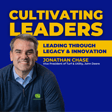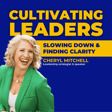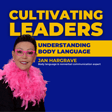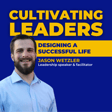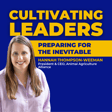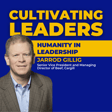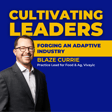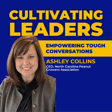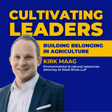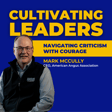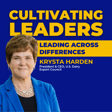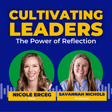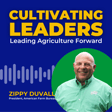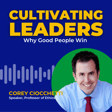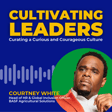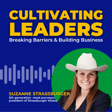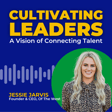
Leading from the Inside Out with Jackie Applegate
Great leaders don’t just drive results. They build environments where people thrive, embrace change and foster growth.
Jackie Applegate, incoming Chief Executive Officer of PBI Gordon, joins The Cultivating Leaders Podcast to explore what true organizational health looks like in action. With more than 30 years of experience in agriculture and leadership, Jackie has built a career rooted in resilience and people development.
Jackie gets real about:
- Empowering organizational health: leading with culture, clarity, trust and team morale top of mind
- Leading through change: building cohesive teams that embrace and encourage organizational change
- Embracing a career journey: navigating a career from scientist to CEO and leading different business divisions
This conversation will challenge how you think about culture, communication and change.
Want to hear more from Jackie? Check out her blog here!
Connect with Jackie
- Connect on LinkedIn
- PBI Gordon on LinkedIn
- Visit their website
Connect with AFA
- Follow us on LinkedIn
- Follow us on Instagram
- Like us on Facebook
- Follow us on TikTok
- Visit our Website
About The Cultivating Leaders Podcast
Real stories. Practical advice. Tangible growth. Join The Cultivating Leaders Podcast, brought to you by Agriculture Future of America, as we explore what it takes to lead in food, agriculture, and beyond. Whether you’re just starting out or leading at the highest level, this podcast is your go-to resource for leadership that matters. Listen now and start cultivating your leadership journey.
Don’t forget to follow/subscribe so you never miss another episode!
